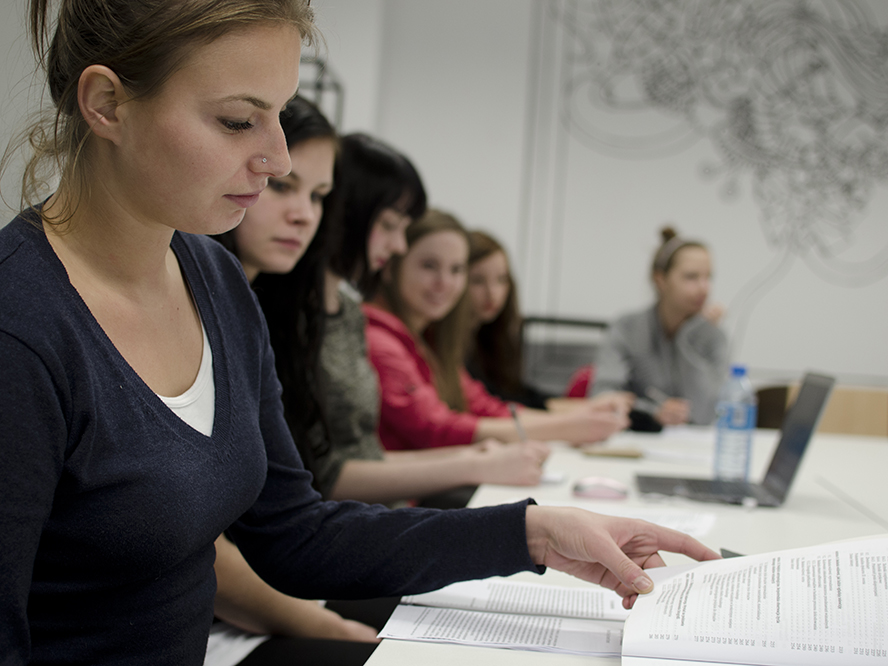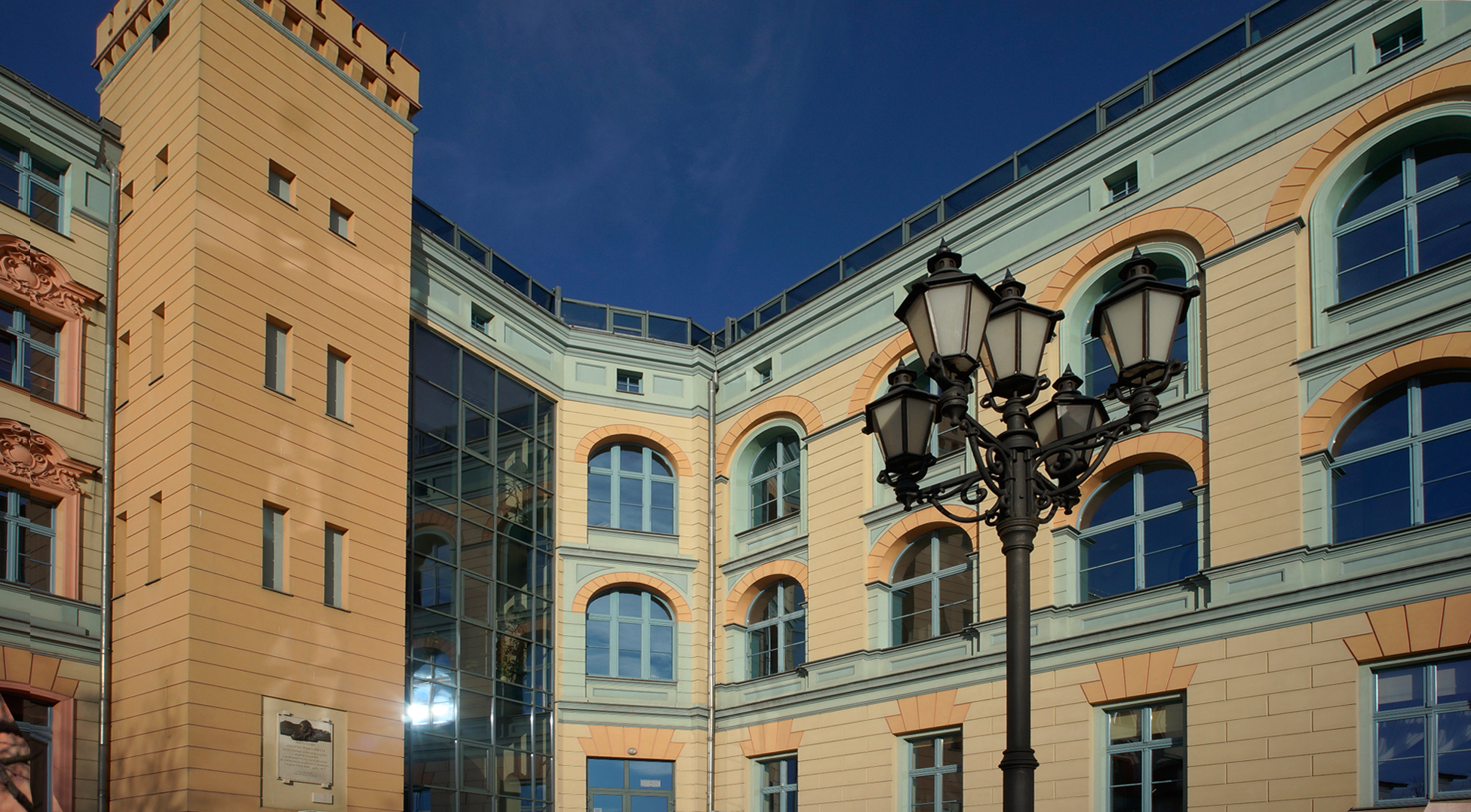Europa Master – Political Sciences, Master’s Programme
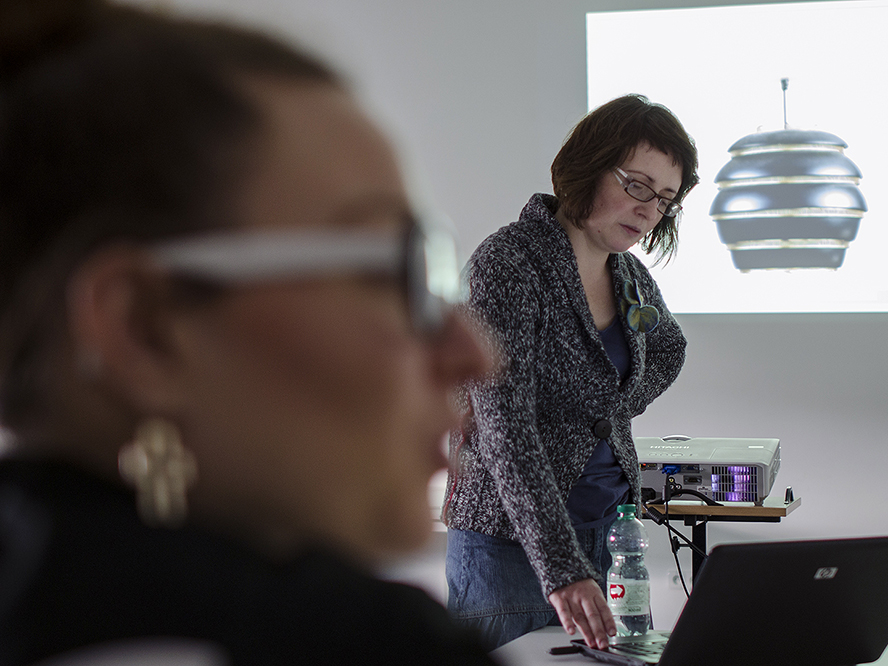
The Structure of the Programme
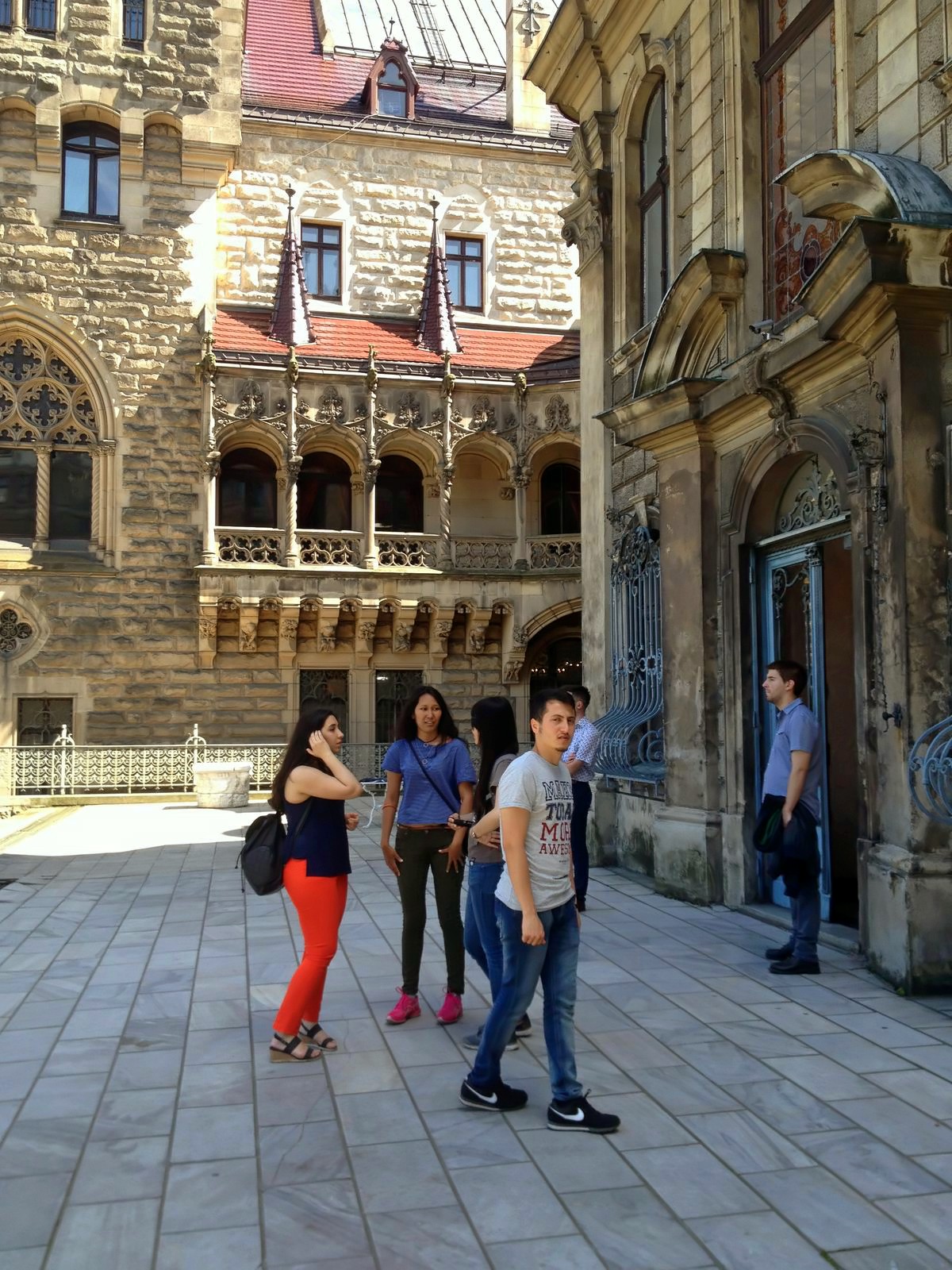
The Most Important Courses
Eastern Enlargement as social and cultural clash in Europe
The aim of the course is to analyze the eastern enlargement of the EU from the point of view of a number of conditions that determined its course. Among them, there are historical, cultural, national, social, economic and political determinants. The premise of the course is the belief that the Eastern Enlargement of the EU was a clash between Western Europe and Central and Eastern Europe, being one of the most important challenges for the continent since 1989. The students analyze the factors determining the position of the candidate countries on their way to the EU, Member States’ policies and the condition of European integration in the new international circumstances.
History of political institutions
The subject aims at providing the basic knowledge about historical background of the most important political institutions like a monarchy, parliament, constitution, political parties, bureaucracy. It is focused on relations between history, politics and development of the state institutions mentioned above, with a special concentration on the European experiences. During the classes students are familiarized with the significance of a history in understanding contemporary political phenomena with a special focus on evolution and role of political institutions. The institutional approach in political science is presented followed by its strengths and weaknesses. A development of political institutions is placed in the wider social, cultural and economic context. The emphasis is put rather on reconstruction of the regularities exposed by evolution of political institutions, than on simple enumeration of historical facts.
Social movements
The purpose of the class is presenting crucial issues connected with emerging and functioning of social movements as well as painting out of the growing role of these actors in the political arena both at the national and global level. Social movements will be analyzed during the class both in the historical and contemporary aspect with regard to such issues as the reasons for their emerging, functions fulfilled by the social movements, relation towards institutionalized political actors. One of the major issues discussed during the class will be the problem of constituting of common identity of the social movements.
Post-communist societies in Europe
The course on post-communist societies in Europe is devoted to the discussion of different aspects of of functioning those European societies which experienced really existing communism or state socialism in the 20th-century Europe. During the class meetings a whole range of topics are discussed covering the macroeconomic situation of Central and Eastern Europe as a specific region with its own economic, cultural and political problems dating back even before communism had ever occurred (the relative backwardness of most of European post-communist countries vis-à- vis their Western counterparts). Discussed are such problems as results and problems of the rapid and forcibly introduced industrialization during communism, the changes in the social structure, the particularities of cultural life under communism. Main part of the course is devoted to problems of adjustment to non-communist, democratic and free-market which emerged as result of the collapse of the socialist system in the region, in the context of globalization (e.g. the shock therapy in Poland), deindustrialization in the 1990s and 2000s, the problems of technological development, the transformation of social structure (the re-emergence of the class order in post-communist societies), as well as chosen problems ofpolitical development: the transition, the role of former political dissidents in post-communist political life.
Political communication
Topics to be covered during this course include the basic frameworks on political communication research and theory, the history of the mass media, recent trends in the news media, theories of attitude formation and change and the nature of news. It will be focused on the ways in which the news shapes the public’s perceptions of the political world, campaign communication, and the general role of the mass media in the democratic process.
Polish and Central European Ideas of European Integration
The theme of the course are the ideas of integration in countries of Central and Eastern Europe in different historical periods. The premise of the course is to demonstrate that the idea of integration in countries of Central and Eastern Europe grew despite the fact that these countries did not participate in the formation of European integration since its beginnings in the 50s. During the course students learn, discuss and analyze the ideas of integration that arose before the Second World War, as well as immediately after. In the case of the latter they are mostly the ideas represented by emigration environment. The course program also includes ideas that were developed after 1989, mainly in the context of EU enlargement to the East. An extremely important objective of the course is to draw attention of students on political, social, economic and historical conditions, which determined the thought of integration in countries of Central and Eastern Europe.
Psychology of politics
The aim of political psychology course is to give a students opportunity to learn about basic psychological approaches to political processes and phenomena. Lecture and seminar are prepared and conducted according to dominant opinion, that political psychology is a subdiscipline of political science, not a psychology. During the semester following problems will be discussed:
– Introduction to psychology,
– Research methods in social psychology,
– Key political issues, explained by the psychological approaches,
– Main research areas are as follows: decision making theories, political development, political rhetoric, ingroup dynamics, conflict and cooperation, psychology of emotions. Students will also learn about most influential – for political science – psychologists (like Dan Ariely, Solomon Ash, Michael Billig, Jonathan Haidt, Geert Hofstede, Daniel Kahneman, Stanley Milgram, David Pizarro, Phillip Zimbardo).
Central Europe in the process of European integration
The Central European countries are the newest EU member states, which joined EU in 2004, 2007 and 2013. What is very important, because of the historical reasons, for almost 20 years they made great efforts to join so called “The western club”. The European integration process in the western part of Europe and the fall of the Berlin Wall in the eastern part provoked a new wave of democratization in Eastern and Central part of Europe. The European Union is more than fifty years old. Its numerous triumphs include the development of the world largest internal market, the creation of a functioning monetary union and the construction of a system of governance, which quite successfully coordinates the work of 28 increasingly different member states. The aim of the course is to provide an introduction into the current politics and economics of Central Europe in the context of European Integration. This course deals with the fundamental dilemma facing the European Union, deepening or widening, by analyzing various aspects concerning the shape of European integration after the 2004-2007 and 2013 enlargements. This course provides a broad overview of the development of European cooperation and integration with a specific emphasis on the accession of the post-communist countries of Central Europe to the European Union. This course combines the study of foreign policy (e.g., of the EU towards Central Eastern Europe, of the CE towards UE) with an analysis of domestic politics. The specific unites of the course will be dedicated to:
- Definitions of Central Europe
- Democratisation of Central Europe
- Post-communist countries on their way to democracy
- Analysis of the Czech, Slovak, Polish, Hungarian, Baltic states experiences
- Impact of transformation on the political systems
- Impact of transformation on societies
- Consolidation of democracies in Central Europe
- Europeanisation
- Position of Central European States in the integrating Europe
Advantages of Europa Master
No Tuition Fee
Multiple Opportunities
Work Opportunities and a Further Education Option
Prospective jobs, sectors and skills
PhD Programmes in Political Sciences
Erasmus Programme
Erasmus+ Study Mobility
Erasmus+ Training Mobility
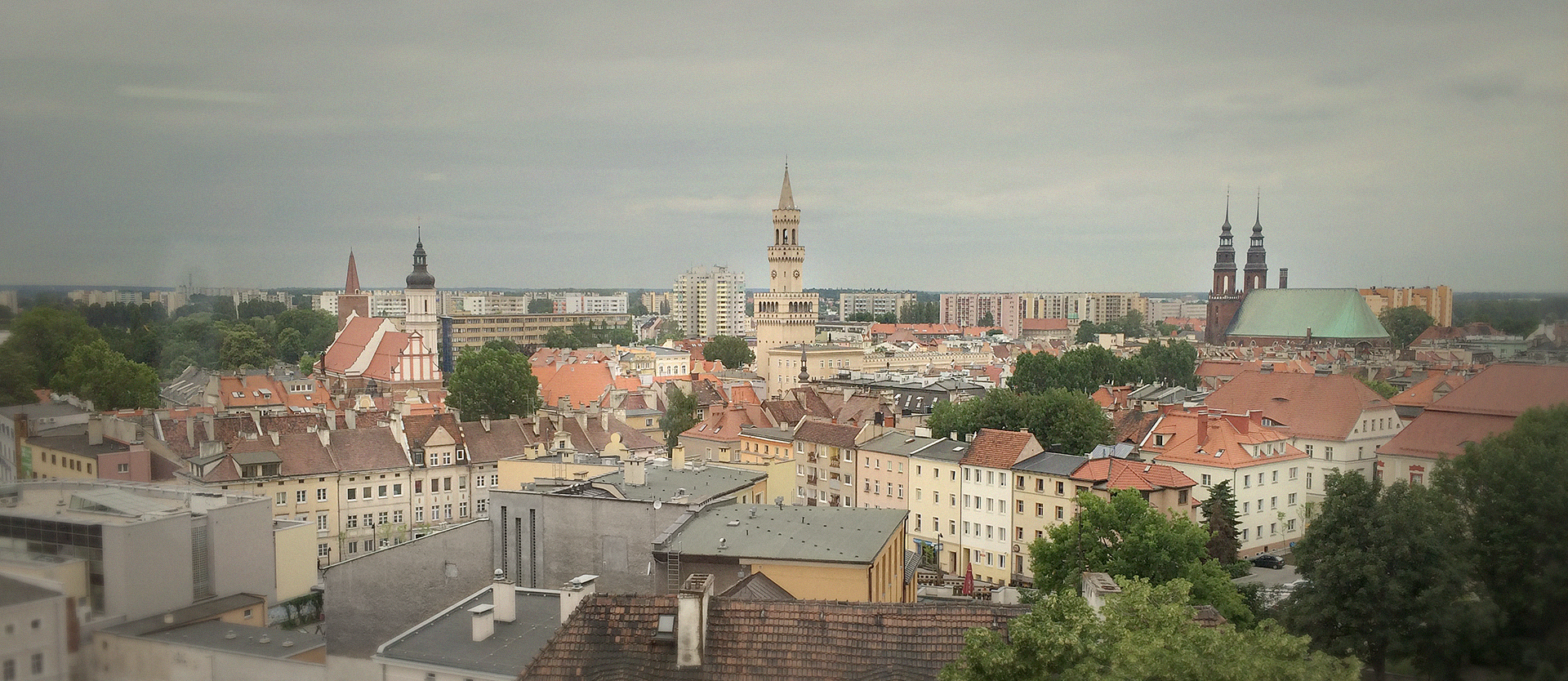
Contact Details
Admission requirements
English Summer School
There is a possibility to join our intensive course in English in the summer.
Accommodation
Tuition Fees
Starts in April 2018
